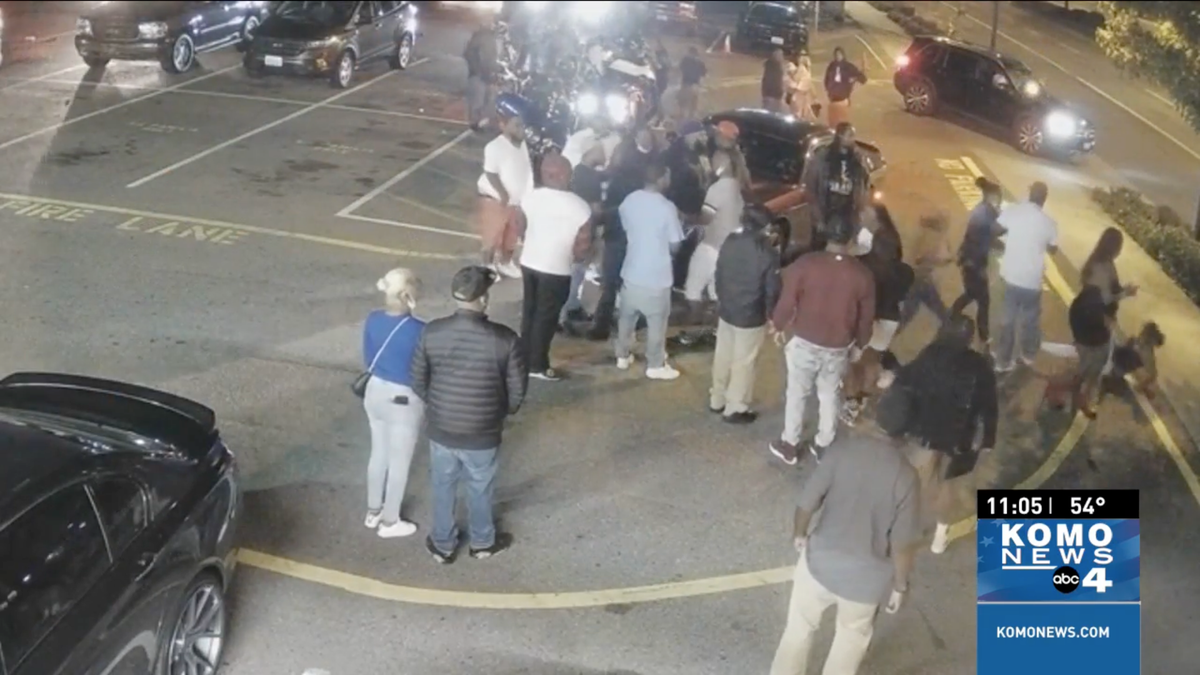A judge in Washington state has blocked video evidence that’s been “AI-enhanced” from being submitted in a triple murder trial. And that’s a good thing, given the fact that too many people seem to think applying an AI filter can give them access to secret visual data.



How long until we got upscalers of various sorts built into tech that shouldn’t have it? For bandwidth reduction, for storage compression, or cost savings. Can we trust what we capture with a digital camera, when companies replace a low quality image of the moon with a professionally taken picture, at capture time? Can sport replays be trusted when the ball is upscaled inside the judges’ screens? Cheap security cams with “enhanced night vision” might get somebody jailed.
I love the AI tech. But its future worries me.
The real question is could we ever really trust photographs before AI? Image manipulation has been a thing long before the digital camera and Photoshop. What makes these images we see actually real? Cameras have been miscapturing image data for as long as they have existed. Do the light levels in a photo match what was actually there according to the human eye? Usually not. What makes a photo real?
Not all of those are the same thing. AI upscaling for compression in online video may not be any worse than “dumb” compression in terms of loss of data or detail, but you don’t want to treat a simple upscale of an image as a photographic image for evidence in a trial. Sport replays and hawkeye technology doesn’t really rely on upscaling, we have ways to track things in an enclosed volume very accurately now that are demonstrably more precise than a human ref looking at them. Whether that’s better or worse for the game’s pace and excitement is a different question.
The thing is, ML tech isn’t a single thing. The tech itself can be used very rigorously. Pretty much every scientific study you get these days uses ML to compile or process images or data. That’s not a problem if done correctly. The issue is everybody is both assuming “generative AI” chatbots, upscalers and image processers are what ML is and people keep trying to apply those things directly in the dumbest possible way thinking it is basically magic.
I’m not particularly afraid of “AI tech”, but I sure am increasingly annoyed at the stupidity and greed of some of the people peddling it, criticising it and using it.
AI-based video codecs are on the way. This isn’t necessarily a bad thing because it could be designed to be lossless or at least less lossy than modern codecs. But compression artifacts will likely be harder to identify as such. That’s a good thing for film and TV, but a bad thing for, say, security cameras.
The devil’s in the details and “AI” is way too broad a term. There are a lot of ways this could be implemented.
I don’t think AI codecs will be anything revolutionary. There are plenty of lossless codecs already, but if you want more detail, you’ll need a better physical sensor, and I doubt there’s anything that can be done to go around that (that actually represents what exists, not an hallucination).
Arguably already here.
Look at this description of Samsungs mobile AI for their S24 phone and newer tablets:
AI-powered image and video editing
Galaxy AI also features various image and video editing features. If you have an image that is not level (horizontally or vertically) with respect to the object, scene, or subject, you can correct its angle without losing other parts of the image. The blank parts of that angle-corrected image are filled with Generative AI-powered content. The image editor tries to fill in the blank parts of the image with AI-generated content that suits the best. You can also erase objects or subjects in an image. Another feature lets you select an object/subject in an image and change its position, angle, or size.
It can also turn normal videos into slow-motion videos. While a video is playing, you need to hold the screen for the duration of the video that you want to be converted into slow-motion, and AI will generate frames and insert them between real frames to create a slow-motion effect.
It’s already being used for things it shouldn’t be.